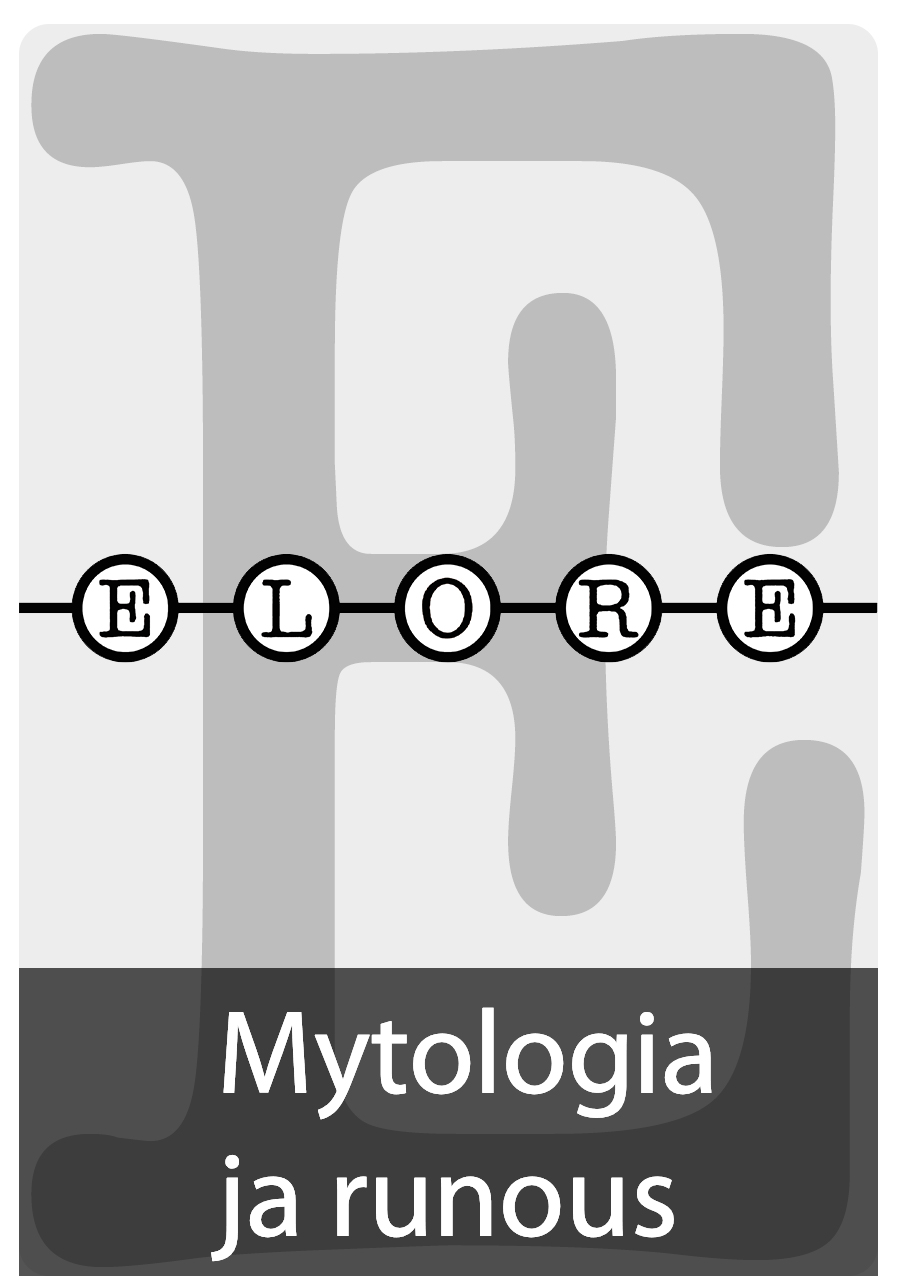Elämä on matka: Elämänkulun käsitteellistäminen karjalaisessa rituaalirunoudessa
DOI:
https://doi.org/10.30666/elore.79181Abstract
In Karelian ritual poetry, birth, death and major transitions to a new life situation are all described through images and motifs of travelling, of making a journey. During major rites of passage, Karelians mainly used two types of oral ritual poetry, laments and incantations. Interestingly, laments were used only during the separation stage of the ritual whereas incantations were used during the incorporation stage. Whereas today the ‘life as a journey’ metaphor tends to be understood as beginning with birth and ending with death, the Karelian model presents life as beginning in the otherworld and the journey into life is conceived in quite literal terms. The transitions of each stage of life, birth, marriage, giving birth, military conscription and death were all conceived in terms of movements between worlds, between the seen world of the living and unseen otherworlds beyond. Death concluded the cycle that had begun with a journey into the world of the living by finally returning to the family, becoming an ancestor. On the journey of life, Karelians were travelling constantly on the threshold of the seen and unseen worlds, making contact with the otherworld at each turning point of the journey. The otherworld was immanent, ever present.
Downloads
Published
How to Cite
Issue
Section
License
The journal follows Diamond Open Access publishing model: the journal does not charge authors and published texts are immediately available on the Journal.fi service for scientific journals. By submitting an article for publication on Elore, the author agrees, as of September 2024, that the work will be published under a CC BY 4.0 licence. Under the licence, others may copy, transmit, distribute and display the copyrighted work and any modified versions of the work based on it only if they attribute the licence, the original publication (link or reference) and the author as the original author. Any modifications made must be acknowledged.
Copyright of the texts remains with the authors, and self-archiving (Green OA) of the published version is allowed. This also applies to texts published before September 2024. The Green OA publication must include Elore's publication details.
The metadata for published articles is licensed under Creative Commons CC0 1.0 Universal.





